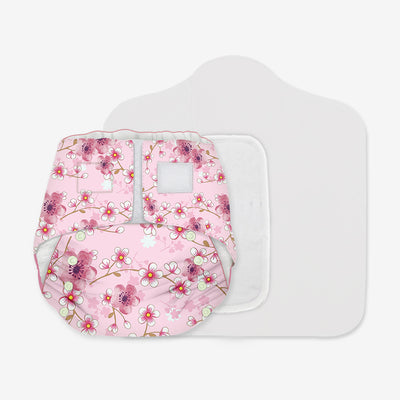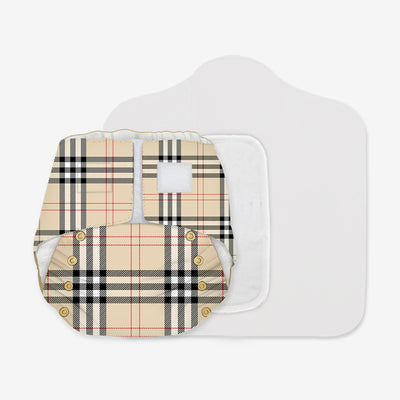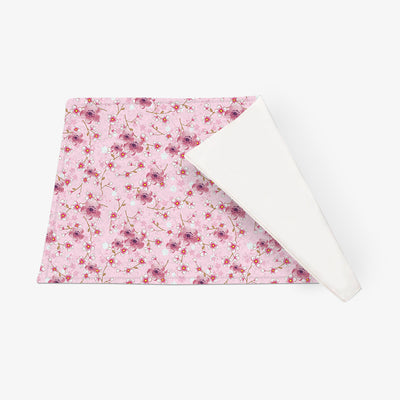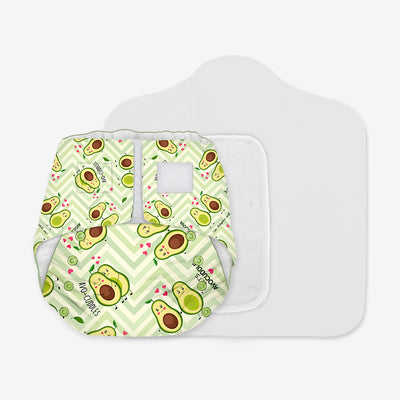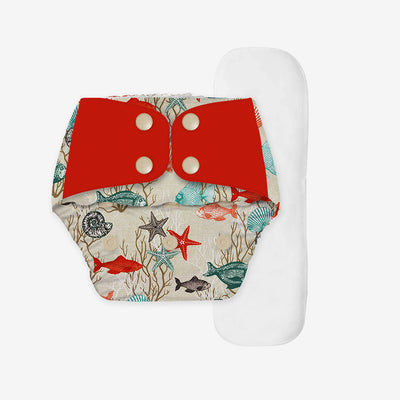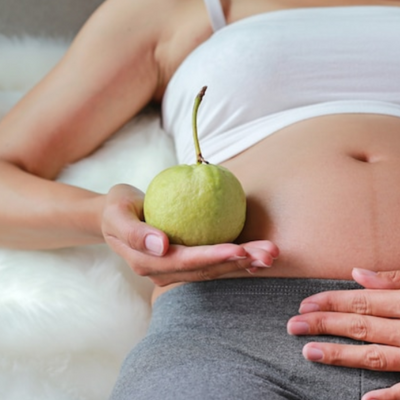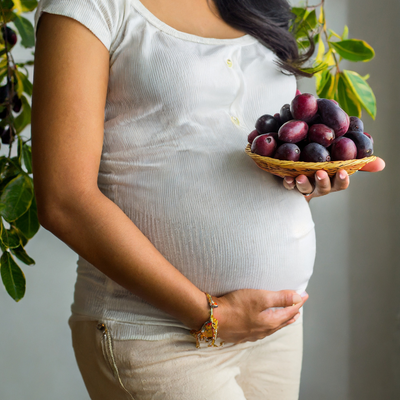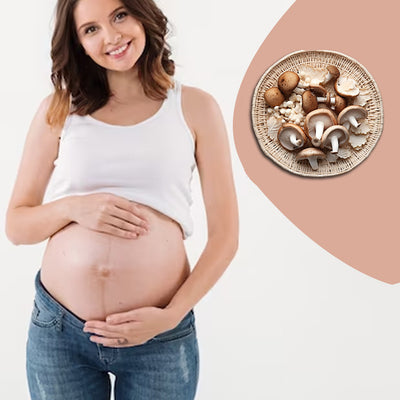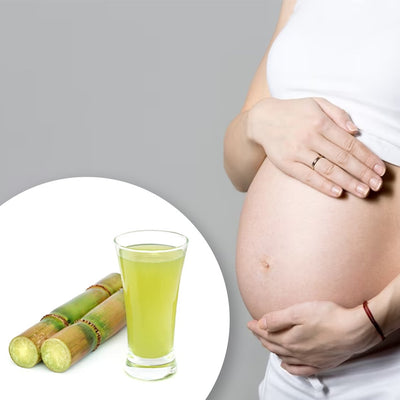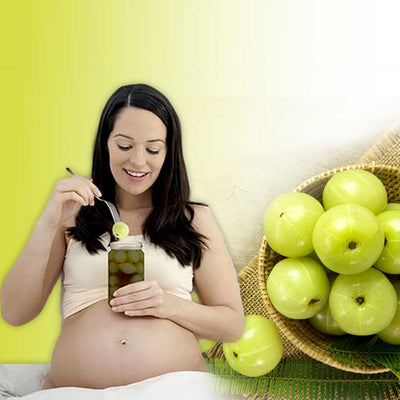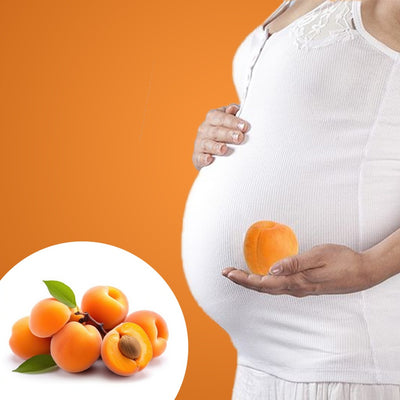Eating Prawns During Pregnancy

Eating Prawns During Pregnancy
Pregnancy is a life-changing experience that necessitates careful food planning. Among the numerous culinary options, prawns frequently find themselves in the spotlight of uncertainty for expectant mothers. In this blog, we will discuss the seafood dilemma, specifically the safety and benefits of eating prawns while pregnant. Let's go on a culinary adventure to uncover the mysteries surrounding these delectable crustaceans and provide moms-to-be with informed choices for a healthy gestation.
Is it Safe to Eat Prawns During Pregnant?
Navigating the culinary landscape during pregnancy necessitates careful planning, particularly when it comes to seafood. Prawns, when sourced from a non-polluted source and thoroughly cooked, are generally considered safe for pregnant women. However, moderation is necessary. Excessive consumption or failure to take precautions can endanger a pregnancy. Prioritizing a well-balanced diet and consulting with a healthcare professional ensures a safe and enjoyable gastronomic experience for both the mother and her growing child.
Health Benefits of Eating Prawns when pregnant
Rich Source of Protein: Prawns are a high-protein food that is essential for fetal development during pregnancy. The high protein content aids in cell and tissue repair, promoting overall growth and well-being for both mother and baby.
Nutrient-Rich: Packed with vitamins and minerals such as vitamin B12, selenium, and zinc, prawns contribute to a well-rounded diet. These nutrients play vital roles in neurological development, immune system function, and overall maternal health.
Omega-3 Fatty Acids: Prawns are a good source of omega-3 fatty acids, promoting brain development in the fetus. These essential fats also contribute to reducing inflammation and supporting cardiovascular health for the expecting mother.
Low in Calories: For those mindful of calorie intake, prawns are a lean option. Low in calories and fat, they offer a guilt-free protein source, aiding in weight management during pregnancy.
Boosts Iron Levels: Iron deficiency is common during pregnancy, leading to fatigue and other complications. Prawns contain iron, helping prevent anemia and ensuring optimal oxygen supply to both mother and baby.
Supports Bone Health: The presence of phosphorus and calcium in prawns contributes to the development of strong bones and teeth in the growing fetus, promoting long-term skeletal health.
Incorporating prawns into a balanced diet can offer a multitude of health benefits, making them a delightful and nutritious choice for expectant mothers. As always, moderation and a diverse range of foods are key for a healthy pregnancy.
How Many Prawns Can Pregnant Women Eat?
While prawns can be a nutritious addition to a pregnancy diet, moderation is essential. It's generally recommended that pregnant women consume seafood, including prawns, in moderation, aiming for 2-3 servings per week. This ensures a balance between reaping the benefits of essential nutrients and avoiding potential risks associated with excessive seafood intake during pregnancy. Always consult with a healthcare professional for personalised advice based on individual health conditions
Tips While Eating Prawns When Pregnant
Choose Quality Sources: Select prawns from reliable sources to minimise exposure to contaminants, ensuring a safer seafood option for both you and your developing baby.
Thorough Cooking: Cook prawns until they reach an internal temperature of 145°F (63°C) to eliminate potential bacteria, safeguarding against foodborne illnesses during pregnancy.
Mindful Portions: Enjoy prawns in moderate servings, balancing the nutritional benefits without exceeding recommended limits to manage potential risks associated with excessive seafood consumption during pregnancy.
Consult Your Doctor: Prioritize open communication with your healthcare provider to address any specific concerns, receive tailored advice, and ensure optimal dietary choices for a healthy pregnancy.
FAQ
Q: Can I eat prawns during pregnancy, or should I avoid seafood altogether?
A: Prawns can be a part of a healthy pregnancy diet. Enjoy them in moderation, ensuring they are sourced from reputable places and cooked thoroughly.
Q: Are there any risks associated with consuming prawns while pregnant?
A: When prepared safely, prawns pose minimal risks. However, it's crucial to avoid raw or undercooked prawns to prevent potential foodborne illnesses during pregnancy.
Q: How many prawns can I eat in a week during pregnancy?
A: Aim for 2-3 servings per week as part of a varied diet. This allows you to benefit from the nutritional value of prawns while managing potential risks associated with excessive intake.
Q: Can I consume prawns if I have seafood allergies during pregnancy?
A: If you have a known seafood allergy, it's advisable to avoid prawns and consult with your healthcare provider for alternative sources of essential nutrients.
Q: Are there specific precautions to take while cooking prawns during pregnancy?
A: Cook prawns thoroughly until they reach an internal temperature of 145°F (63°C) to eliminate any bacteria or parasites, ensuring a safe culinary experience.
Q: Can I eat prawns in any trimester of pregnancy?
A: Yes, prawns can be included in your diet throughout pregnancy. However, always consult your doctor for personalized advice based on your health and trimester-specific needs.
Q: How can I ensure the prawns I buy are safe for consumption during pregnancy?
A: Choose prawns from reputable, non-polluted sources, and check for proper storage and handling practices to minimize the risk of contaminants.
Q: Are there alternative seafood options if I choose to avoid prawns during pregnancy?
A: Yes, consider safe alternatives like salmon, trout, or catfish. Always discuss dietary choices with your healthcare provider to ensure they align with your specific needs and preferences.

